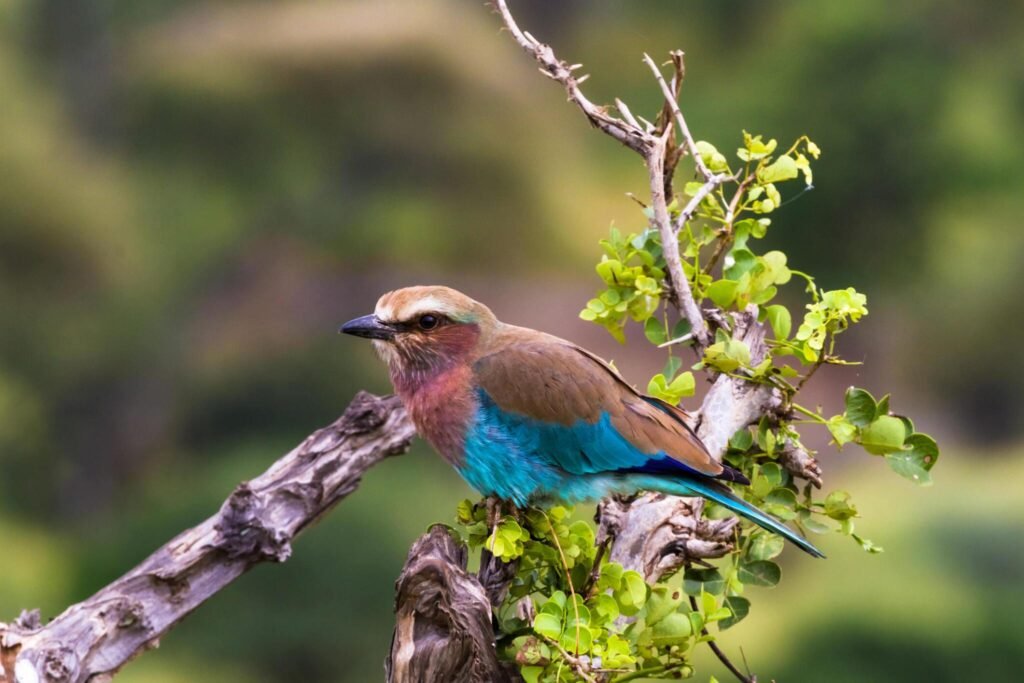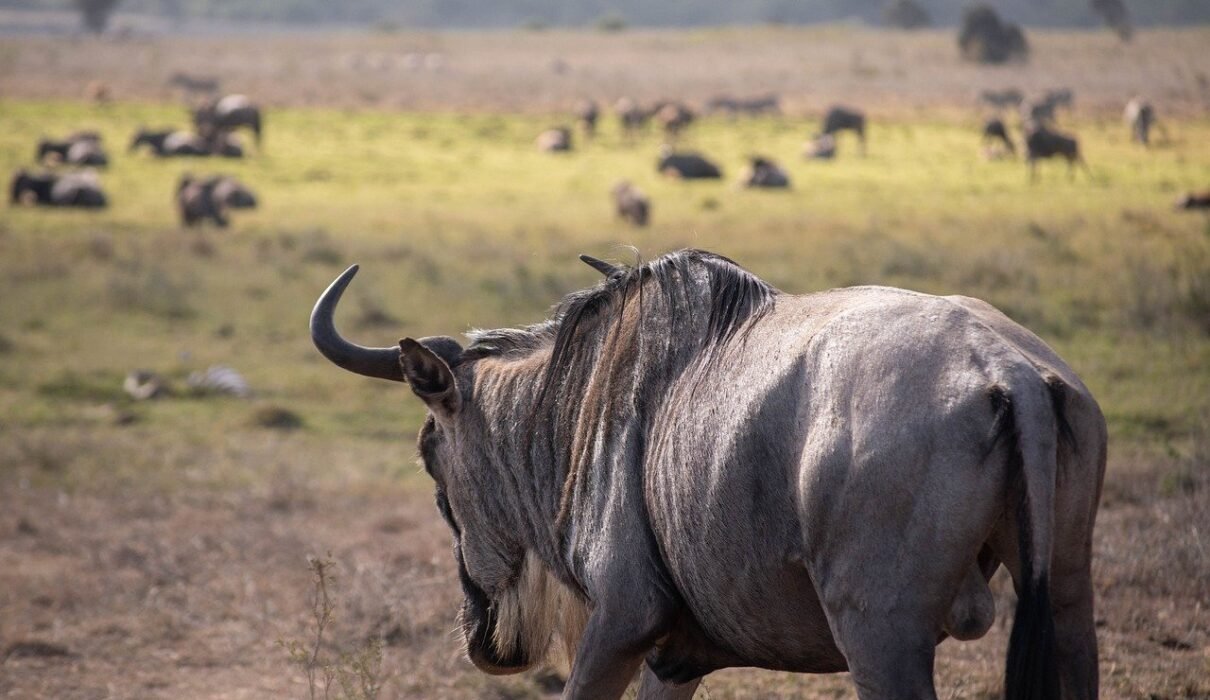8 Tips for a Safe and Spectacular African Adventure : Africa is a continent full of breathtaking landscapes, diverse cultures, and incredible wildlife. Whether you’re planning a safari in Tanzania, hiking up Mount Kilimanjaro, or exploring the vast Serengeti, ensuring a safe and enjoyable adventure is key to making the most of your trip. In this guide, we’ll provide 8 essential tips for staying safe while having an unforgettable African adventure
Plan your ultimate African adventure here

8 Tips for a Safe and Spectacular African Adventure : Choose a Reputable Tour Operator
Your safety during an African adventure begins with selecting a trustworthy and experienced tour operator. A good operator will ensure that your trip is well-organized, secure, and tailored to your preferences. Whether you’re going on safari or climbing Kilimanjaro, make sure to research and choose a tour company that follows safety standards, provides well-trained guides, and uses reliable transportation
- Tip: Check online reviews and verify certifications before booking.
- Trusted Operators: Look for operators like Eddy Tours & Safaris, known for their expertise and safety protocols.
Find reputable African tour operators here.
8 Tips for a Safe and Spectacular African Adventure : Stay Informed About Health and Vaccinations
Africa is home to many unique environments, and it’s important to be aware of potential health risks. Before traveling, consult your doctor to ensure you are up to date on necessary vaccinations, such as yellow fever and hepatitis. It’s also important to take malaria precautions, especially if you are visiting areas with a high risk of the disease, such as Tanzania or Kenya.
- Essential Vaccinations: Yellow fever, hepatitis A and B, typhoid, and tetanus.
- Malaria Prevention: Use insect repellent, sleep under mosquito nets, and consider anti-malaria medication.
Get the latest health advice for travel to Africa.
8 Tips for a Safe and Spectacular African Adventure: Pack Smart and Light for Your Adventure
Packing appropriately for your African adventure is crucial for both comfort and safety. Depending on your itinerary, whether you’re hiking, going on safari, or exploring cities, you’ll need to pack smart. For a Kilimanjaro climb, bring high-quality hiking gear and layers for varying temperatures. For safaris, lightweight clothing in neutral colors, sunscreen, and a good camera are must-haves.
- Clothing: Light layers, a wide-brim hat, and sturdy hiking shoes are essential.
- Tech: Bring a power bank, portable chargers, and a good camera to capture Africa’s beauty.
Check out the ultimate packing list for African adventures.
8 Tips for a Safe and Spectacular African Adventure : Respect Local Wildlife and Maintain a Safe Distance
One of the highlights of any African adventure is experiencing the continent’s magnificent wildlife. While it’s thrilling to spot lions, elephants, or rhinos in their natural habitat, it’s important to follow safety guidelines when encountering wildlife. Always listen to your guide’s instructions and maintain a safe distance to avoid disturbing the animals or putting yourself at risk.
- Safari Safety: Stay in your vehicle during game drives, and avoid sudden movements or loud noises that could startle the animals.
- Don’t Feed the Animals: Feeding wildlife is dangerous for both you and the animals.
Learn more about staying safe on African safaris.
8 Tips for a Safe and Spectacular African Adventure : Be Aware of Your Surroundings in Cities and Towns
While many African cities and towns are welcoming and safe for tourists, it’s always a good idea to stay vigilant, especially in busy areas. Keep your belongings secure, avoid walking alone at night, and stick to well-lit, populated areas. In cities like Dar es Salaam or Nairobi, use reputable taxi services or ride-hailing apps for transportation.
- Street Safety: Be cautious of pickpockets in crowded markets and busy streets.
- Transportation: Use trusted taxi services or arrange transfers through your hotel or tour operator.
Read more about safety tips for traveling in African cities.
8 Tips for a Safe and Spectacular African Adventure: Stay Hydrated and Eat Safely
Staying hydrated is critical, especially if you’re trekking in high-altitude areas like Mount Kilimanjaro or spending long days in the sun on safari. Carry a reusable water bottle and drink only bottled or purified water. When it comes to food, stick to well-cooked meals and avoid raw or undercooked dishes, especially in rural areas.
- Hydration Tips: Drink plenty of water, and avoid drinking tap water unless it’s been boiled or purified.
- Food Safety: Stick to fresh, hot meals and avoid street food that may not have been prepared hygienically.
Get advice on staying healthy during your African trip.
8 Tips for a Safe and Spectacular African Adventure: Be Prepared for Changing Weather Conditions
Africa’s diverse landscapes mean that the weather can vary greatly depending on your destination. From the hot plains of the Serengeti to the chilly slopes of Kilimanjaro, being prepared for rapid weather changes is key to staying safe and comfortable. Pack layers, waterproof clothing, and gear that can handle rain, sun, and wind.
- Kilimanjaro Tip: Temperatures can drop below freezing at night, so pack thermal layers and a warm sleeping bag.
- Safari Tip: Bring light, breathable clothing for daytime and a jacket for cooler evenings.
Learn more about how to prepare for varying weather conditions in Africa.
8 Tips for a Safe and Spectacular African Adventure : Purchase Travel Insurance and Emergency Support
Travel insurance is a must for any African adventure, providing coverage in case of accidents, medical emergencies, or trip cancellations. Ensure your travel insurance includes emergency evacuation, especially if you plan to trek in remote areas like Kilimanjaro. It’s also wise to know the emergency numbers for the countries you’ll be visiting and to keep the contact details of your tour operator handy.
- Travel Insurance: Make sure it covers medical emergencies, evacuation, and trip cancellations.
- Emergency Contacts: Keep local emergency numbers and your tour operator’s contact information with you at all times.
Find out why travel insurance is essential for your African adventure.

8 Tips for a Safe and Spectacular African Adventure : Conclusion
An African adventure offers incredible experiences, from wildlife safaris to mountain treks, but it’s important to prioritize safety. By following these 8 essential tips—choosing a reputable tour operator, staying informed about health precautions, respecting wildlife, and preparing for diverse weather conditions—you can ensure a safe and spectacular journey. Whether you’re climbing Kilimanjaro or exploring the Serengeti, Africa awaits with unforgettable experiences.
For expert advice and planning assistance, visit Kilimanjaro Climb Specialist or Eddy Tours & Safaris.

